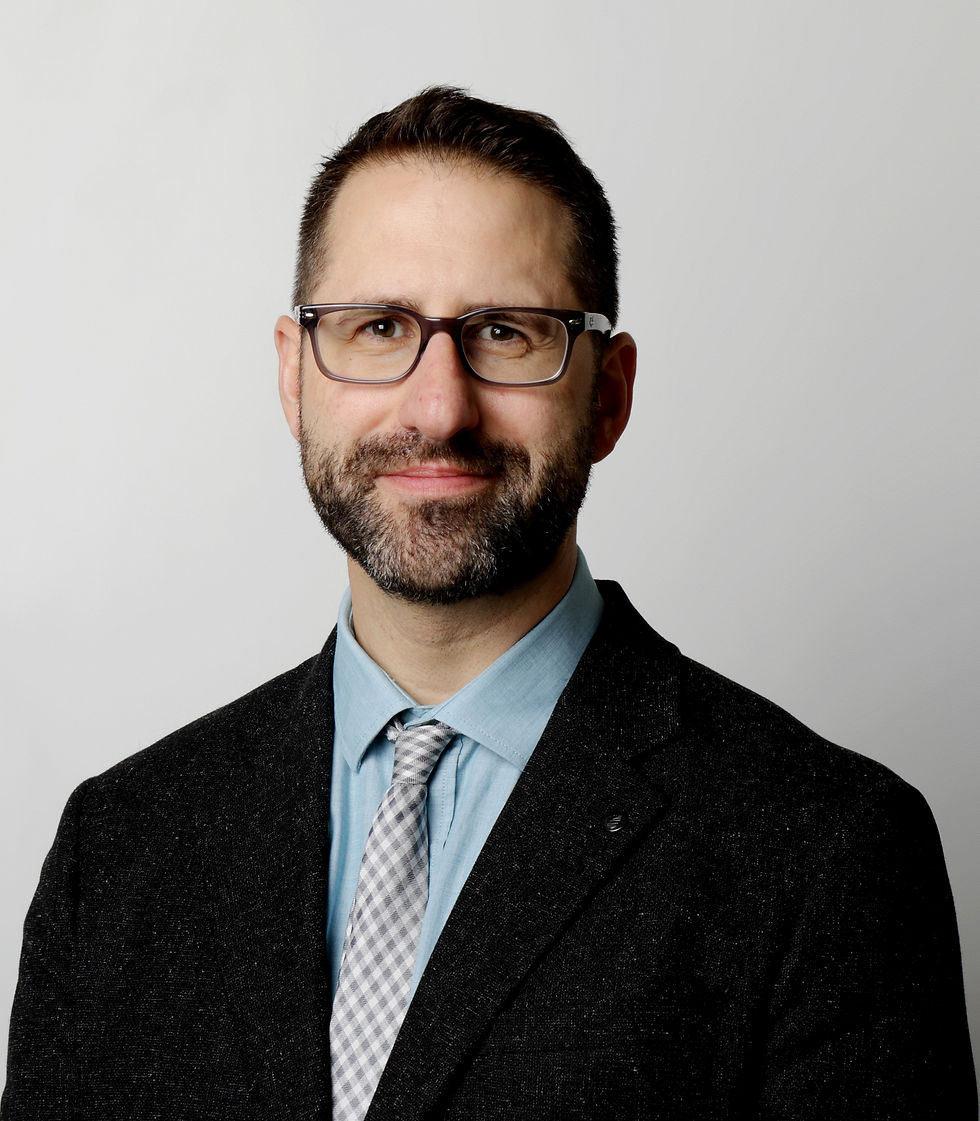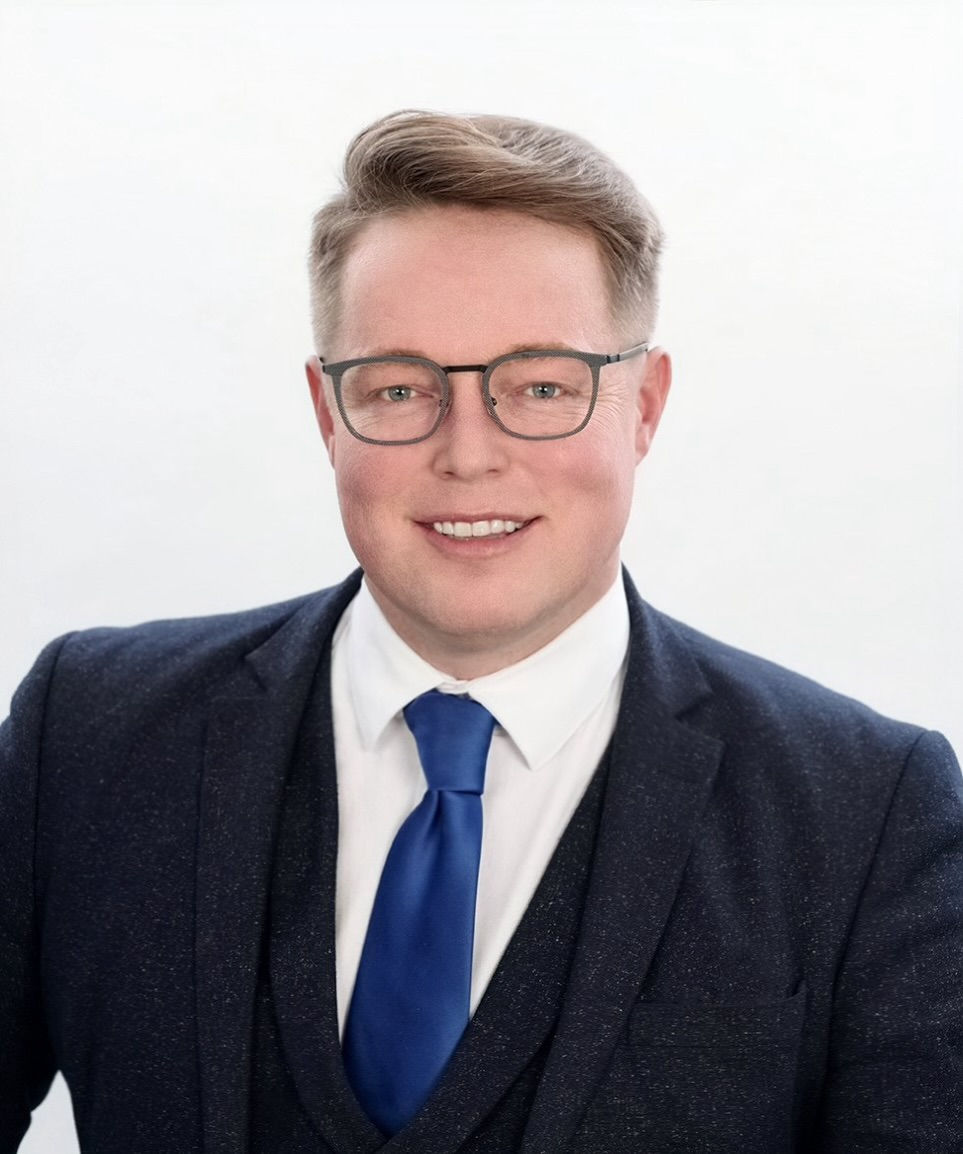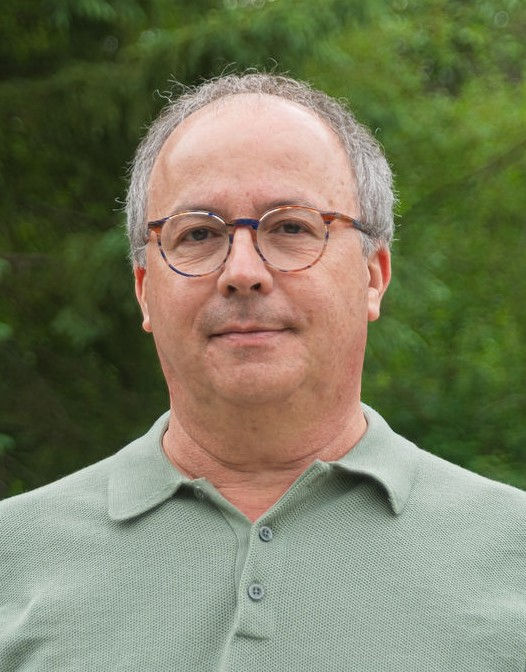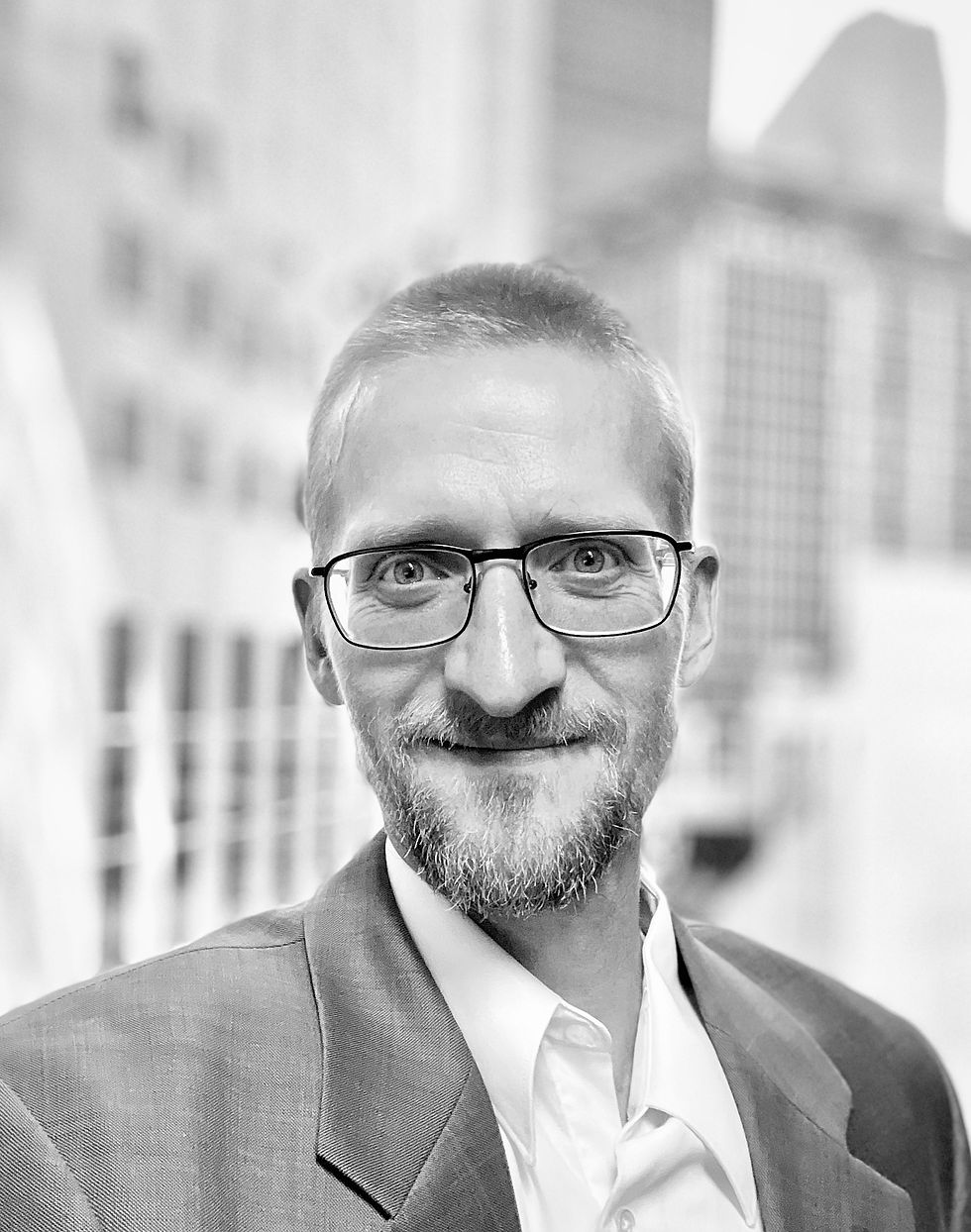
KEYNOTE SPEAKERS
ARJA 2025 CONFERENCE
We’re proud to welcome an inspiring lineup of keynote speakers to this year’s Alberta Restorative Justice Association Conference. These leaders bring powerful stories, lived experience, and deep expertise in restorative practices. Their voices will set the tone for meaningful dialogue, reflection, and connection throughout the event.

KEYNOTE SPEAKERS
ARJA 2025 CONFERENCE
We’re proud to welcome an inspiring lineup of keynote speakers to this year’s Alberta Restorative Justice Association Conference. These leaders bring powerful stories, lived experience, and deep expertise in restorative practices. Their voices will set the tone for meaningful dialogue, reflection, and connection throughout the event.
Dr. Benjamin Roebuck
Federal Ombudsperson
for Victims of Crime

Dr. Benjamin Roebuck (he/him) is a trauma-focused expert with a Ph.D. in Criminology from the University of Ottawa and over 15 years of experience in victimology. In October 2022, he was appointed Federal Ombudsperson for Victims of Crime. His team has launched a national systemic investigation into how survivors of sexual violence are treated in the criminal justice system. In his previous role as a Research Chair and Professor at Algonquin College, Dr. Roebuck co-founded the Victimology Research Centre. His research has explored resilience and posttraumatic change with survivors of violence, victim service providers and people with lived experiences of homelessness. Benjamin previously served on the Board of Directors for Crime Prevention Ottawa and committees focused on restorative justice, mental health, and youth justice.
Le Dr Benjamin Roebuck (lui/il) est un expert en ce qui a trait aux traumatismes; il détient un doctorat en criminologie de l’Université d’Ottawa et plus de 15 ans d’expérience en victimologie. En octobre 2022, il a été nommé ombudsman fédéral des victimes d’actes criminels. Son équipe a lancé une enquête systémique nationale sur la façon dont les survivant.e.s de violence sexuelle sont traités dans le système de justice pénale. Auparavant chercheur principal et professeur au Collège Algonquin, Dr Roebuck a cofondé le « Victimology Research Centre ». Dans le cadre de ses recherches, il a exploré la résilience et les changements post-traumatiques avec des survivant.e.s à la violence, des fournisseurs de services aux victimes et des personnes qui ont vécu l’itinérance. Benjamin a déjà siégé au conseil d’administration de Prévention du crime Ottawa et à des comités axés sur la justice réparatrice, la santé mentale et la justice pour les jeunes.
Anthony Oliver

Anthony Oliver comes from a line of Maskwa (Bear) Clan healers and continues in his ancestors’ footsteps through his legal practice based in Alberta’s Lakeland region. Serving individuals, governments, and non-profit societies, his work focuses on criminal, family, and governance matters involving constitutional rights, with a commitment to reconciliation in multijural contexts and to restoring control to Indigenous communities, which, in his experience, inevitably leads non-indigenous governing authorities to follow the healing path as well.
After clerking for the Honourable Leonard (Tony) Mandamin at the Federal Court in Ottawa and the Honourable Melissa Gillespie at the BC Provincial Court in Surrey, Anthony returned to Alberta to serve urban and rural communities as a Crown Prosecutor in the heart of Nêhiyaw territory in the Lakeland region.
In 2018, he founded his own practice, providing strategic advice, litigation support, and assistance with agreements and legislation. He has established new legal frameworks in Alberta courts supporting First Nations governance, child and family services, Gladue sentencing reform, and the recognition of victims’ rights for both individuals and communities. His community-based restorative justice work has demonstrated statistically significant reductions in harm and recidivism and, most importantly, supports his clients’ transition to miyo-pimâtisiwin (the good path).
In 2023, Anthony was gifted his Cree name Niso Kiseyniwa Kawitapimat (Sitting with Two Elders) at a Horse Dance ceremony at Sweetgrass First Nation in Treaty 6 territory. His name reflects his deepening knowledge of his ancestors’ healing traditions, guided by the Seven Sacred Teachings (Wisdom, Love, Respect, Bravery, Honesty, Humility, and Truth) and Wâhkôhtowin (All My Relations), which ground both his practice and personal path in a relational way that best serves his clients.
Alan Edwards

Alan Edwards has been working in the field of restorative justice for over 25 years, and is based in Edmonton, Alberta. Since 2004, he has worked exclusively on cases of serious and violent crime, in the Restorative Opportunities Program of Correctional Service Canada. Alan has assisted many, many people harmed by serious, violent crime to have helpful, productive and valuable communication with those federally incarcerated persons who have harmed them.
In recent years, Alan has developed a focus on the complex practice issues associated with working restoratively in cases of gender-based violence. For example, in 2017-18, he was a member of the University of Alberta’s Working Group on Restorative Initiatives for Sexual Violence. In 2019-20, he was one of two RJ specialists tasked with developing and delivering training for the Department of National Defence/Canadian Armed Forces’ Restorative Engagement Program, which is an RJ response to sexualized violence in the military.
Alan has co-authored five papers on restorative justice and violence, co-authored the resource guide “Serving Crime Victims Through Restorative Justice” and continues to deliver advanced RJ training throughout Canada.
Alan is the recipient of the 2016 National Ron Wiebe Restorative Justice Award, recognizing his contribution to the field of restorative justice.
Tony Delaney

Tony Delaney or Piintoyi is a proud member of the Kainai First Nation and currently serves as the Federal Reintegration for Section 84 at the Kainai Transition Centre. He previously served as a Blood Tribe Councillor from 2020 to 2024 and has been a long-standing advocate for Indigenous-led justice, healing, and governance.
Tony was formerly the Coordinator of the Kainai Peacemaking Program, where he worked closely with community members to help reintroduce Blackfoot ways of knowing and being. In 2018, he played a key role in introducing the eagle feather into the Lethbridge Provincial Court. This initiative expanded in 2019 with ceremonies in Edmonton and Calgary, ultimately leading to the eagle feather being accepted across all Alberta Courts as a respected option for taking oaths.
Tony is currently working on a project with the University of Alberta’s Wahkohtowin Law and Governance Lodge to publish the story of how the eagle feather was first introduced into Alberta’s provincial courts—a historic contribution to Indigenous justice in Canada.
Grounded in Blackfoot teachings and lived experience, Tony continues to advocate for systemic change that honours Indigenous knowledge and fosters meaningful reconciliation within the justice system.
Matthew Hinshaw

Matthew Hinshaw is a Senior Crown Prosecutor with the Alberta Crown Prosecution Service (ACPS). He joined the ACPS in 2004, and has conducted prosecutions for a wide range of offences ranging from seatbelt tickets to homicide. Matthew was the Team Leader of the Calgary Youth Prosecutions Unit from 2009 to 2013, where he was a strong proponent of the use of restorative practices for youth in conflict with the law. In 2013, he moved into the position of Policy Counsel, where he provided prosecution policy advice to the Minister of Justice, senior leadership of the ACPS, prosecutors, law enforcement agencies and other justice partners.
In his current role, Matthew is responsible for development of prosecution policy for the ACPS, and currently represents Alberta in national criminal law reform activities at both the Uniform Law Conference of Canada and as the national co-chair of a number of Federal/Provincial/Territorial committees and working groups. Matthew was directly involved in the development and implementation of the Alberta Courts’ Restorative Justice Project, and continues to work with justice system stakeholders to expand and enhance the use of restorative practices across the province.
